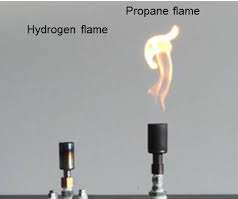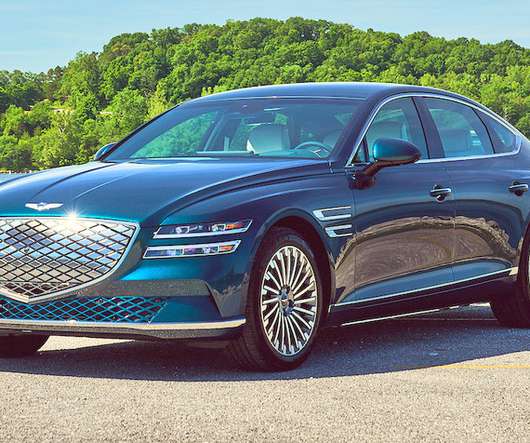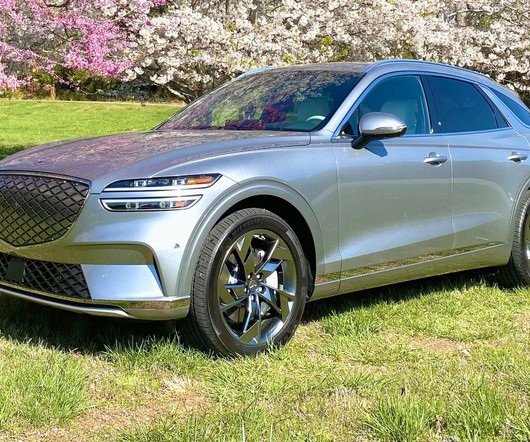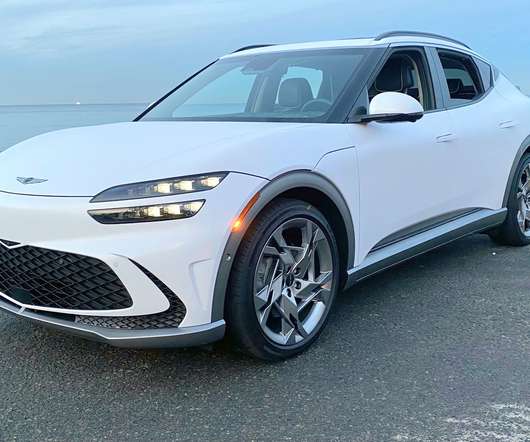Why Hydrogen power is not the answer
EV Info
SEPTEMBER 29, 2022
Let’s look at the benefits and issues of using Hydrogen as fuel and remember that efficiency in the total power supply train, not just at the motor is critical. For example, converting a two-engine turboprop from kerosene to hydrogen, increases the weight of the engine from two tonnes to 13 tonnes. Not ideal on any airplane.














Let's personalize your content